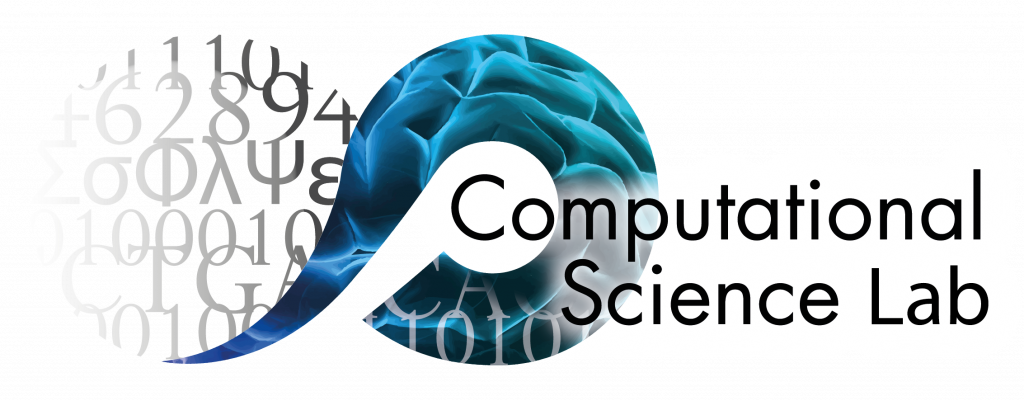Computational Science Master Programme
www.uva.nl/msc-computational-science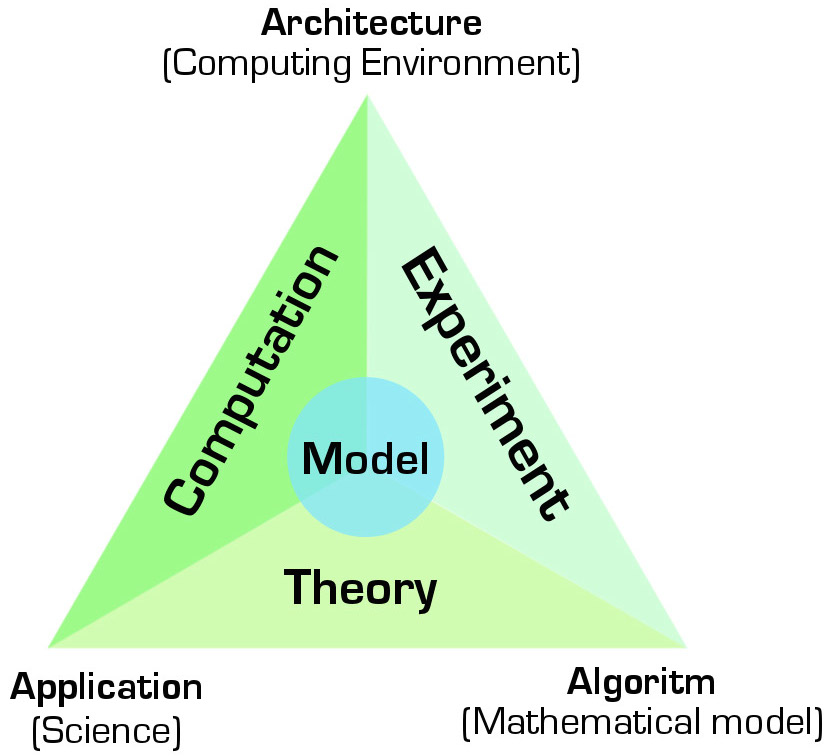
Master Computational Science at UvA
In the Master’s in Computational Science you will learn to develop computational models based on real-life observations in physical, social, earth, economic or life sciences, and acquire the skills to turn these models into computational structures and to perform large-scale simulations.
The Master’s has a strong interdisciplinary focus. You can design your own programme in line with your interests and ambitions. The programme gives you the possibility to specialise in various domains.
Understanding nature through computing
‘We aim to understand nature through computing. There is a high demand for research in modelling and simulation across many disciplines, ranging from the natural sciences to the social sciences and humanities. Moreover, there is an ongoing demand for further refinement of underpinning methodologies, such as large-scale distributed computing or advanced (numerical) algorithms.
We expect our students to become part of the computational science community and work towards the goal of advancing computational thinking in order to help solve the big scientific and societal challenges of our times.’
Prof dr. Peter M.A. Sloot (Professor Computational Science)
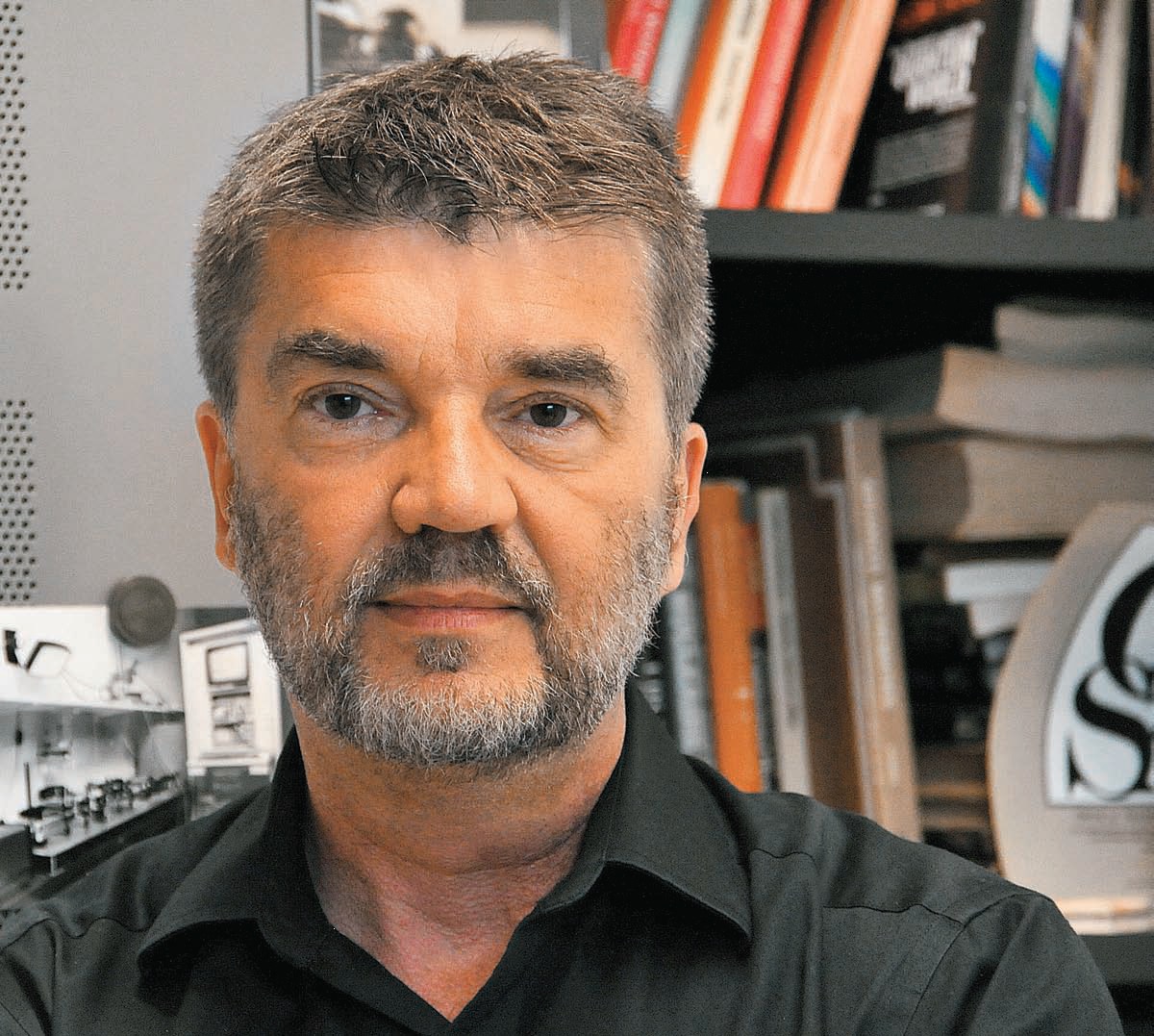
Computational Science
Computational Science seeks to explain the complex world we live in using modelling and simulations. By collecting data from various sources and creating computer models, computational scientists can make predictions for problems such as how to influence the flow of traffic, how an epidemic will spread or what the probability is that individuals in society will become addicted to drugs.
- learn to build computational models from real-life observations;
- develop skills in turning these models into computational structures and in performing large-scale simulations;
- learn theory that will give you a firm basis for the analysis of complex systems;
- learn to analyse the results of your simulations in a virtual laboratory using advanced numerical algorithms.
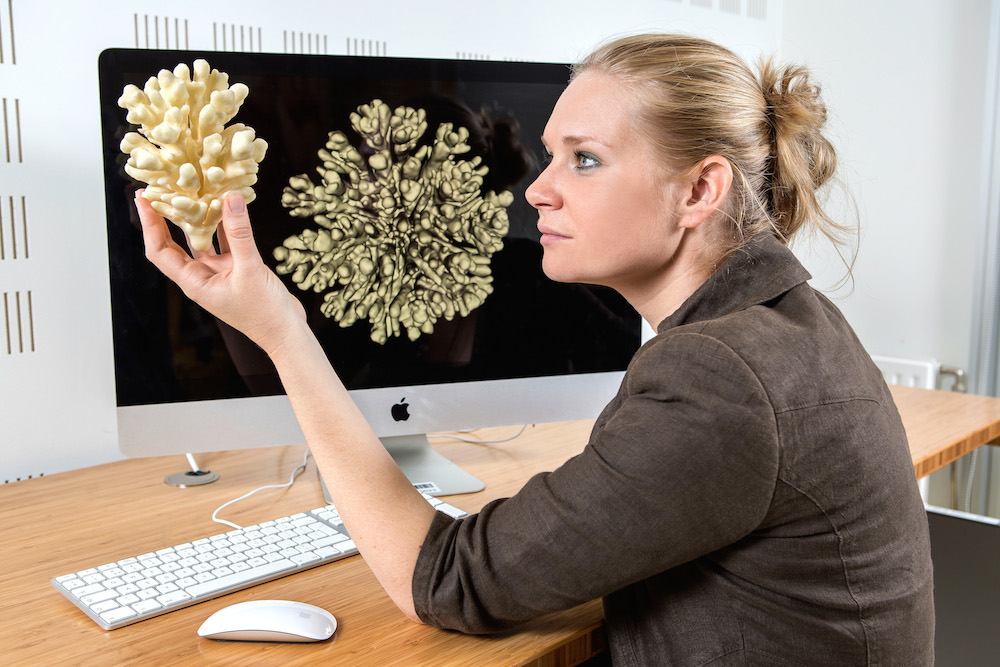
- learn how to use computers to analyse and solve scientific problems;
- know more about the application of computer simulation, numerical analysis and theoretical computer science to solving problems in various scientific disciplines;
- look beyond the traditional forms of science and engineering;
- collaborate actively in interdisciplinary projects focused on constructing mathematical models and quantitative analysis techniques;
- have the freedom to design your own study programme;
- gain insight into the computational research field where computer science meets life sciences;
- learn how to use numerical simulations to reconstruct and understand known events or predict the future and unobserved situations;
- develop computer programs to design models that require massive amounts of calculations.
Programme
Computational Science is an area of science which spans many disciplines, but at its core it involves the development of models and simulations to understand natural systems. Our Master’s programme is designed with this in mind. We define three course types: core, constrained choice and recommended electives. A complete programme consists of 14 courses and a six-month graduation project.
Core courses present the basic and most vital concepts of computational science and as such, every student must complete these (a total of five or 30 EC). The final core component is a 36 EC Graduation Research Project that students complete in the second year.
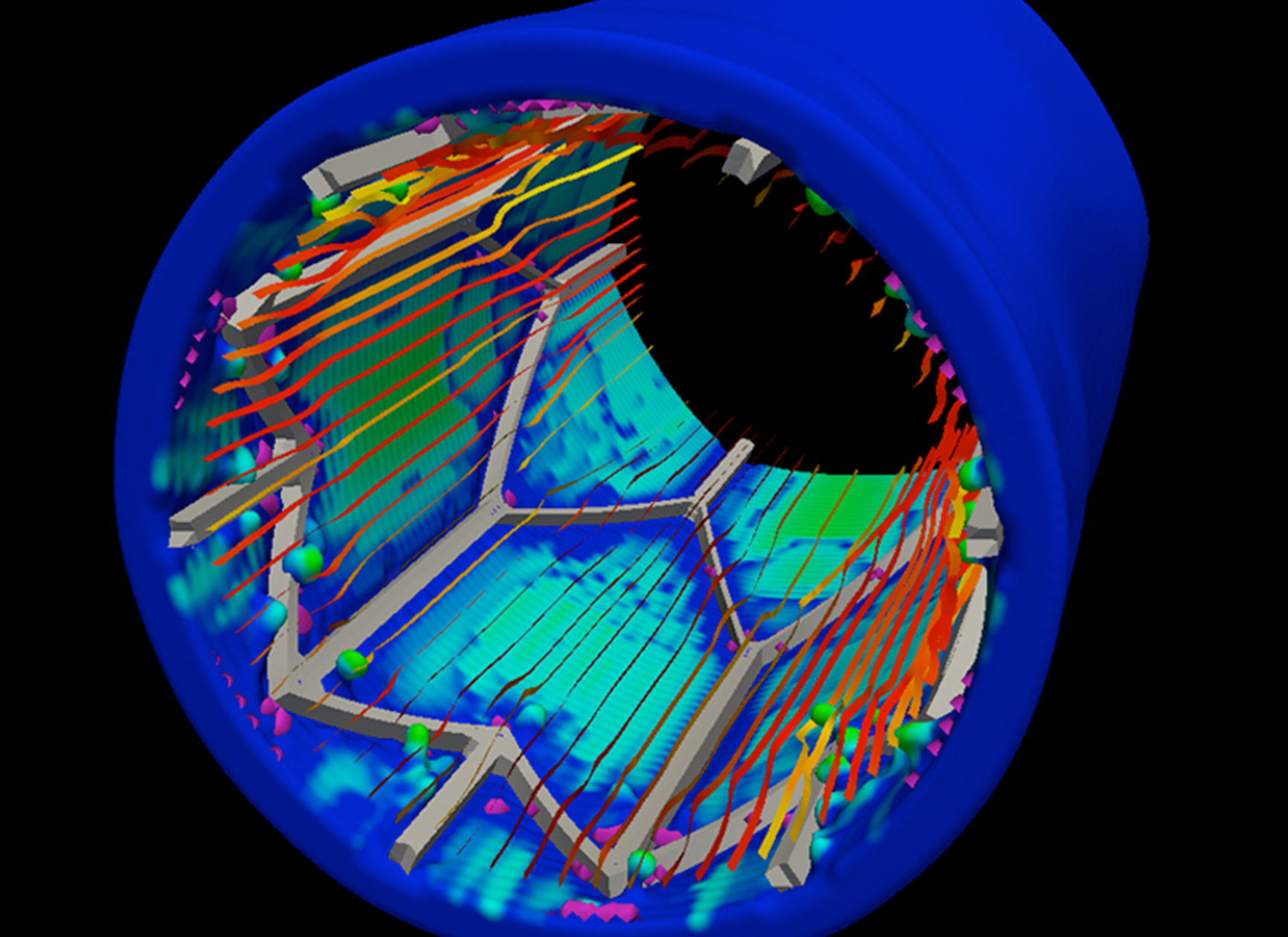
Further to the core courses there are Constrained choice courses that include central concepts, but here we offer some choice. Each student must complete a minimum of 30 EC constrained choice courses during their programme. These courses are an addition to the core courses and allow students to broaden their knowledge in either computing or modeling and simulation. This leaves a remaining 24 EC of free choice courses, which can be chosen from the recommended elective courses. These are courses that can be selected from across the University as ideal ways to broaden your knowledge of computational science. Recommended elective courses are typically used by students to specialise in a particular domain of computational science (e.g., Computational Finance, Computational Biology, etc.) that will lead to the Graduation Research Project.
Once accepted into the Master’s, you will go through our intake procedure, which involves a self-assessment. This is intended to identify your interests and knowledge gaps, and help prepare the best curriculum for you. The course Introduction to Computational Science is intended to bring all students to the same level of basic knowledge and prepare them for the rest of the programme. In the second year, you have more freedom. You can choose any course that you consider relevant for your Graduation Research Project. Here, you can specialise in a large set of disciplines, currently including Finance and Economics, Biology and Bioinformatics, Numerical Mathematics and Earth sciences.
Application & Admission
Entry requirements:
Applicants should have sufficient mathematical skills and demonstrable programming skills. All students should have an above-average grade point average. A statement of motivation is required as part of the admissions procedure. There is also an intake meeting for all accepted students before the Master’s programme begins (typically before the summer break). This helps to identify the student’s level of knowledge and, in the event of knowledge gaps, make recommendations regarding self-study for the summer period.
Application:
To apply, follow the online application procedure at: www.uva.nl/msc-computational-science
Deadlines:
- 1 February for non-EU/EEA students
- 1 April for EU/EEA students
- 1 May for Dutch students
Testimonial John Tyree
Before I found the Master’s in Computational Science I wasn’t sure what I wanted to specialise in, so I was searching for programmes with a broad scope and a lot of freedom to design your own curriculum.
My thesis was about mapping novel finite difference algorithms to massively parallel GPU hardware in the context of financial product pricing. It was a great success. I graduated under Dr Drona Kandhai, specialist in Computational Finance. For me, he certainly stands out as one of the best teachers of my entire educational career. In addition, the programme organises colloquia which are really thought-provoking. It’s probably what I miss most about leaving the University.I graduated in the spring of 2013 and began working in the fall as a Scientific Software Developer at Enthought Inc. I develop applications to aid scientists and data analysts in getting their work done. This ranges from writing FORTRAN and OpenCL code to ensure good performance, all the way up the stack to GUI application design and even web applications. There is a very wide range of fields that we are asked to work in. In the last year, I’ve worked in electron microscopy, geophysics, finance, oceanography, and have also begun as an instructor in our Python for Scientists and Engineers courses. I’m having a great time.
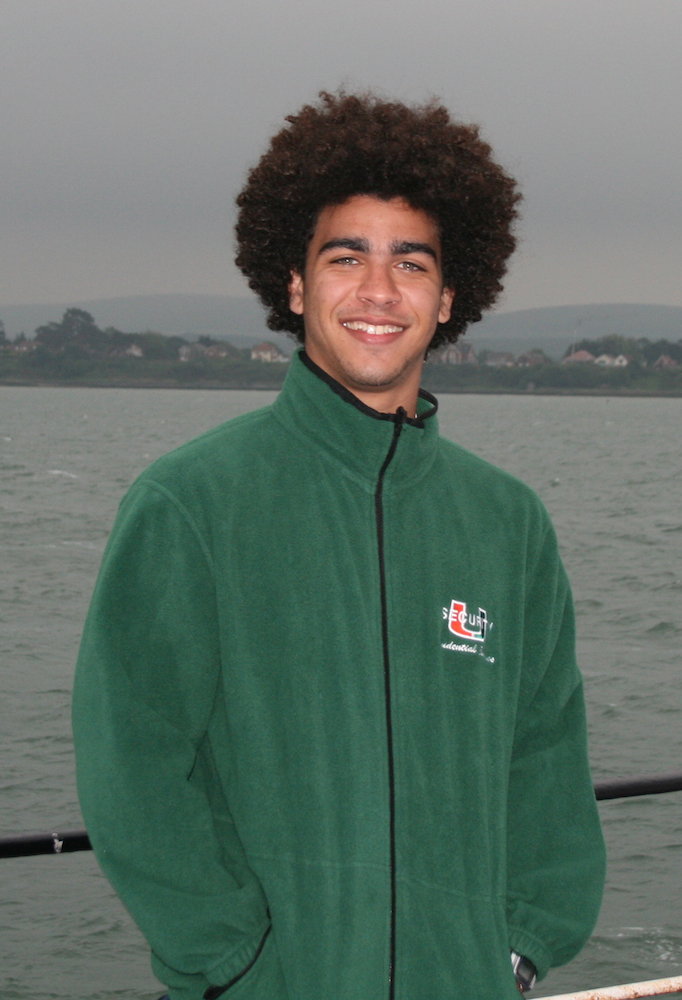
Career prospects
As a graduate of Computational Science you are ready to start a career in any research environment where computation is the core business. The modelling and simulation skills of our graduates are highly appreciated and it will lead you to a career in many different types of organisations. When you graduate in the Computational Finance domain, often you can find a job in financial institutes such as ING Bank or the World Bank. If you graduate in one of the other domains, e.g. Computational Biology or Biomedicine, you will have, besides a career in science, good prospects in larger corporations such as Ernst and Young where your quantitative analysis skills are in demand.
